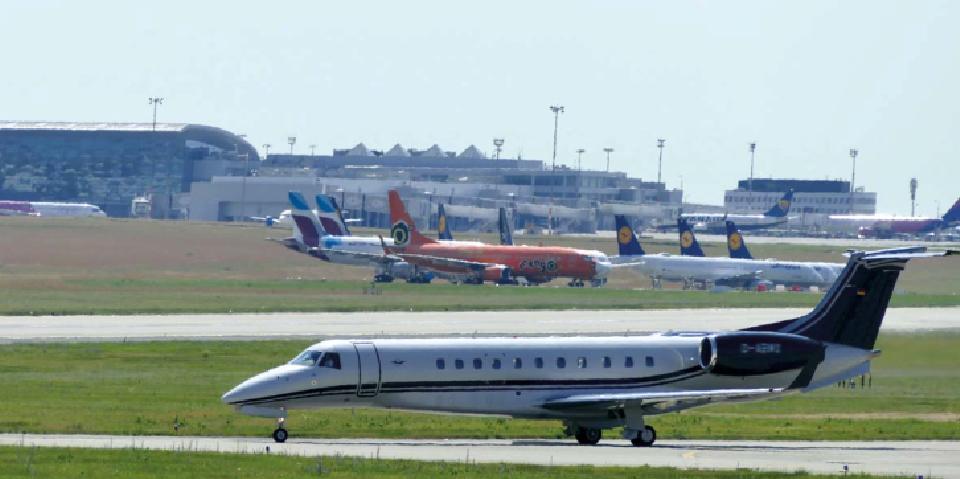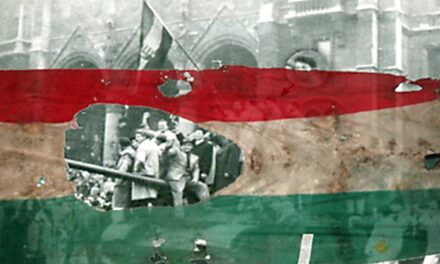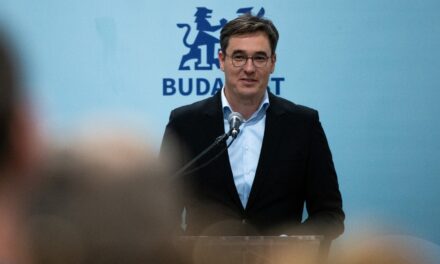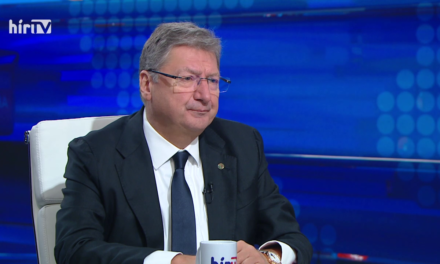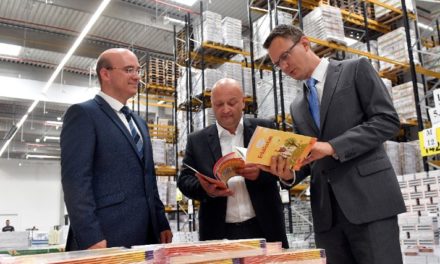The government's intention is to buy back the Ferenc Liszt International Airport, Prime Minister Viktor Orbán stated last week, adding that the economy is strong enough for this and that the deal could be completed "at any moment".
News of the Gyurcsány government's intention to take back the airport handed over to foreigners in 2006 already appeared last fall The Bloomberg news agency reported at the time that Budapest Airport Zrt., which operates the airport, would be purchased by a consortium formed with the participation of Mol and the real estate investment group Indotek in addition to the Hungarian state.
It is known that the state would definitely be the majority owner in the company, according to trade journals, its share of ownership could be much higher than 51 percent. According to the Világgazdaság article, among the mentioned players, Molt may be limited by the EU competition law rules, and Indotek may be limited in their participation by the level of investment returns, so it is not yet clear what construction can be implemented.
In 2006, the Gyurcsány government privatized the company operating Ferihegyi International Airport, or more precisely 75 percent of its assets and shares, and also sold the operating right for seventy-five years. The business was planned as early as 2005, despite the fact that, as Magyar Nemzet wrote in an article at the time, the operation of the airport was profitable and its traffic was constantly increasing. The newspaper stated that the company that operates the airport is otherwise very valuable to foreign investors.
Attila Márton, Fidesz's expert, drew attention to the fact that the international press commented on the acquisition of the airport as one of the biggest business opportunities of the decade. The extent to which this was the case is indicated by the fact that investors from many European countries, including British, Danish and German companies, were interested in the company.
Magyar Demokrata wrote in 2005 that the International Air Transport Association predicts that Budapest will be the third fastest growing airport globally in the coming years. At that time, the airport's pre-tax profit exceeded HUF 15 billion with a profit rate of 47 percent.
On July 8, 2005, Viktor Orbán called on Prime Minister Ferenc Gyurcsány not to sell the airport, because it is the hen that lays the golden egg. According to economic experts, despite the decline in traffic due to the coronavirus epidemic, the operation of the airport is still a good investment today. In 2021, the head of a consulting firm told 24.hu, for example, that the airport "continually generates money". Critics stated that the socialist government wanted to privatize the profitable company just when the airport was on the path to its greatest growth, even though the state could also take advantage of this opportunity if it appointed suitable managers to lead the company.
Despite this, the government was motivated by the large but one-time income as soon as possible, which is why it tried to sell the company quickly.
According to the left-liberal communication, the transfer of the profitable company to a foreign country was necessary in order to finance the airport's developments - but in fact their financing was not a problem for the profitable company, even if the Gyurcsány government fondly referred to the regional airport development competition.
Of course, not only foreign investors prospered: according to contemporary articles, ÁPV Rt., which carried out the privatization, distributed several million HUF in management bonuses, and the airport's twenty-five-person management team also received an average HUF five million "privatization bonus" each, on the condition that the British buyers in 2005 refers to the purchase price, which was realized.
You can read the article in its entirety here.
Photo: MTI/Csaba Jászai

